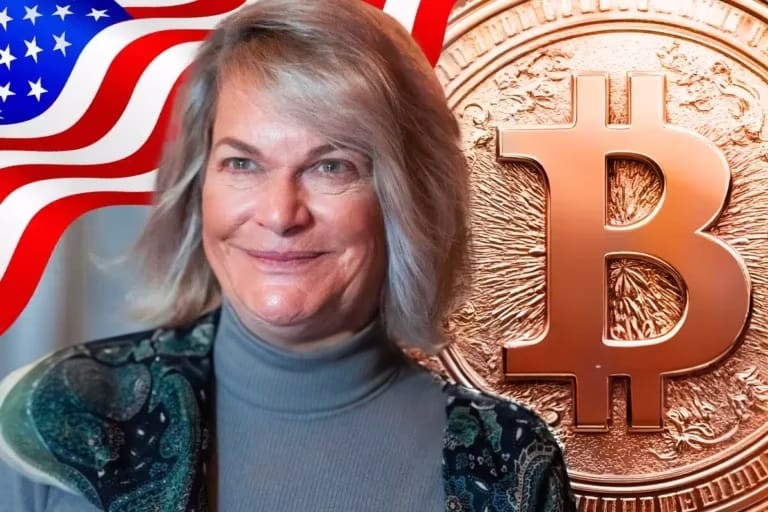Senator Cynthia Lummis to Lead Digital Asset Hearing to Shape Crypto Future

U.S. Senator Cynthia Lummis of Wyoming is set to chair the inaugural hearing of the Senate Banking Subcommittee on Digital Assets, marking a pivotal moment for blockchain and crypto regulation in the United States. Lummis shared her excitement about this historic first step toward crafting bipartisan legislation that will redefine the market structure for digital assets and stablecoins.
Lummis, a vocal advocate for Bitcoin and digital assets, was appointed chair of this newly formed subcommittee in January 2025, following the Republican takeover of the Senate. Her leadership comes at a critical juncture when the crypto industry faces both unprecedented growth and regulatory uncertainty.
In a post she made today on social media, she emphasized the significance of this hearing, promising insights from top experts who will help shape policies that balance innovation with stability. She also teased upcoming livestream details, urging followers to stay tuned for what she described as “a big deal” for the future of digital finance.
As I gear up for the FIRST digital asset subcommittee hearing, here’s what to know:
— Senator Cynthia Lummis (@SenLummis) February 25, 2025
➡️This is the 1st step towards bipartisan legislation
➡️We'll hear from experts who will shape policy on market structure & stablecoins
➡️Stay tuned for livestream details
➡️Yes this is a big deal
Shaping the Future of Crypto Regulation
This hearing builds on Lummis’s earlier efforts, including her collaboration with Senator Kirsten Gillibrand on the bipartisan Lummis-Gillibrand Payment Stablecoin Act of 2024, which aimed to create a clear regulatory framework for stablecoins.
Now, as subcommittee chair, she’s poised to drive comprehensive legislation that strengthens the U.S. dollar through a potential strategic Bitcoin reserve. Her focus on bipartisan cooperation reflects the global trend of nations like the European Union, Australia, and Singapore racing to establish their own crypto regulations. For the U.S., staying competitive in this digital frontier means addressing the complexities of market structures and stablecoin oversight—issues that could either propel or hinder the nation’s financial dominance.

